

Swimming is not only a fun and enjoyable activity, but it also has numerous benefits for infants. Early swim lessons for babies have been shown to have a positive impact on their physical, cognitive, and emotional development.
One of the main benefits of early swim lessons for infants is water safety. Teaching babies how to swim at an early age can help prevent drowning accidents. By introducing them to the water and teaching them basic swimming skills, babies can learn how to stay safe in and around water.
In addition to water safety, early swim lessons can also improve an infant's physical development. Swimming helps strengthen muscles, improve coordination, and increase flexibility. It can also promote better balance and posture in babies as they learn to move in the water.
Cognitively, swimming can stimulate a baby's brain development. The sensory experience of being in the water can help enhance their cognitive abilities, such as spatial awareness and problem-solving skills. It can also improve their sense of proprioception and body awareness.
Emotionally, early swim lessons can boost a baby's confidence and self-esteem. Learning how to swim at a young age can give them a sense of accomplishment and independence. It can also provide them with a positive outlet for releasing energy and reducing stress.
Overall, the benefits of early swim lessons for infants are vast. Not only does it promote water safety and physical health, but it also enhances cognitive development and emotional well-being. So if you're considering enrolling your baby in swim lessons, know that you're not just teaching them how to swim you're providing them with valuable life skills that will benefit them for years to come.
When it comes to baby swimming lessons, there are a few key safety precautions and considerations that parents should keep in mind to ensure a safe and enjoyable experience for their little ones.
First and foremost, it is important to always closely supervise your baby while they are in the water. Even if your child is wearing floaties or another type of flotation device, accidents can still happen, so it's crucial to never take your eyes off them while they're swimming.
Additionally, make sure that the water temperature is appropriate for your baby. Babies are more sensitive to cold water than adults, so be sure to use a thermometer to check that the water is at a comfortable temperature before allowing your little one to swim.
Another important consideration is choosing the right swim gear for your baby. Make sure that any flotation devices or swim diapers are properly fitted and in good condition before putting them on your child.
Lastly, be mindful of any potential hazards in the pool area, such as slippery surfaces or sharp edges. Take the time to childproof the area before each swimming lesson to prevent any accidents from occurring.
By following these safety precautions and considerations, you can help ensure that your baby's swimming lessons are not only fun but also safe and worry-free.
Swimming Australia is the peak governing body for competitive swimming in Australia. The body has approximately 100,000 registered members nationally in 1100 clubs across the country, which includes swimmers, coaches, officials, administrators and volunteers. The body oversees the management and development of the sport from the national team at the elite level, the conduct of national and international events, through to grass roots participation.
In 1985, the organisation had approximately 90,000 registered members.
Swimming lessons are the process of learning to swim. In most countries there is a definition of a number of swimming levels that are reached in the process of the curriculum. The respective certificates of swimming tests are required for further training in aquatic abilities. Many countries have defined a minimum swimming level that children should reach by the end of primary education, in most cases with the help of school swimming classes being part of the normal curriculum.
Children are often given swimming lessons, which serve to develop swimming technique and confidence. Children were traditionally viewed not to be able to swim independently until 4 years of age, but infant swimming lessons are now recommended to prevent drowning and increase water familiarality. There are many different ways of learning to swim with swimming lessons. There are community center lessons, semi-private lessons and private lessons. Swimming lessons can support children with special needs through adaptive swimming lessons.
Infant swimming is the phenomenon of human babies and toddlers reflexively moving themselves through water and changing their rate of respiration and heart rate in response to being submerged. The slowing of heart rate and breathing is called the bradycardic response. It is not true that babies are born with the ability to swim, though they have primitive reflexes that make it look like they are. Newborns are not old enough to hold their breath intentionally or strong enough to keep their head above water, and cannot swim unassisted.
Most infants, though not all, will reflexively hold their breath when submerged to protect their airway and are able to survive immersion in water for short periods of time. Infants can also be taken to swimming lessons. Although this may be done to reduce their risk of drowning, the effects on drowning risk are not reliable. Babies can imitate swimming motions and reflexes, but are not yet physically capable of swimming.
A submersion of the head may last only a few seconds. A German physician pointed out the health risks of infant diving and the sometimes serious consequences as early as 1986, writing that since the introduction of baby swimming in Germany, several hundred infants had died from brain complications as a result of sinusitis and otitis that occurred after diving. Pediatricians also reported cases of cardiac arrest or respiratory failure.
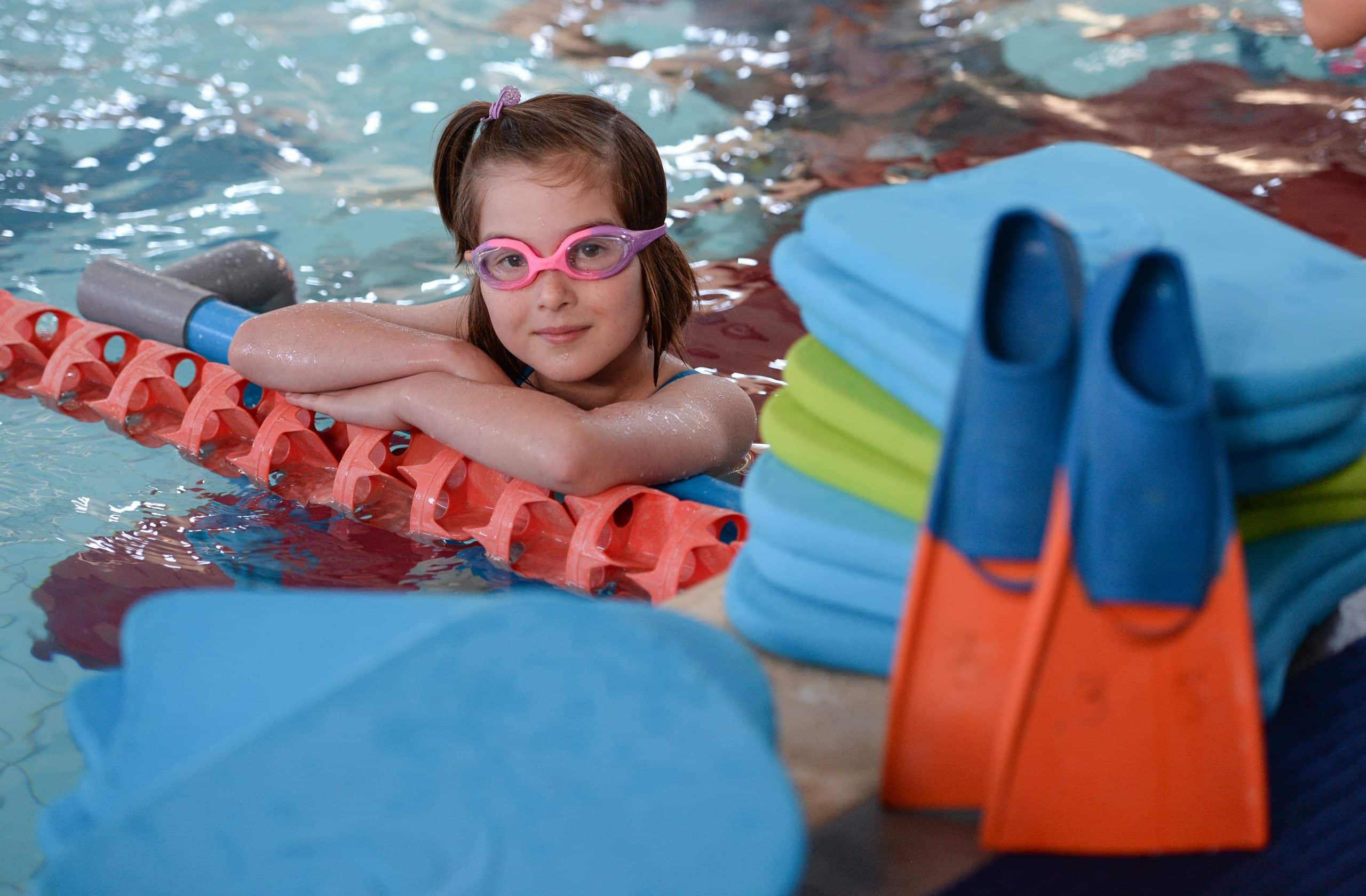
Infant swimming is a topic that often comes with a lot of misconceptions.. Many parents are hesitant to introduce their babies to water at an early age due to fears about safety, health risks, or even the belief that infants are too young to benefit from swimming lessons.
Posted by on 2024-10-28

When it comes to finding the right baby swimming program, there are a few key tips to keep in mind.. First and foremost, you'll want to do your research and look for programs that have certified instructors who are experienced in teaching infants and young children how to swim. It's also important to consider the location of the swimming program.
Posted by on 2024-10-28
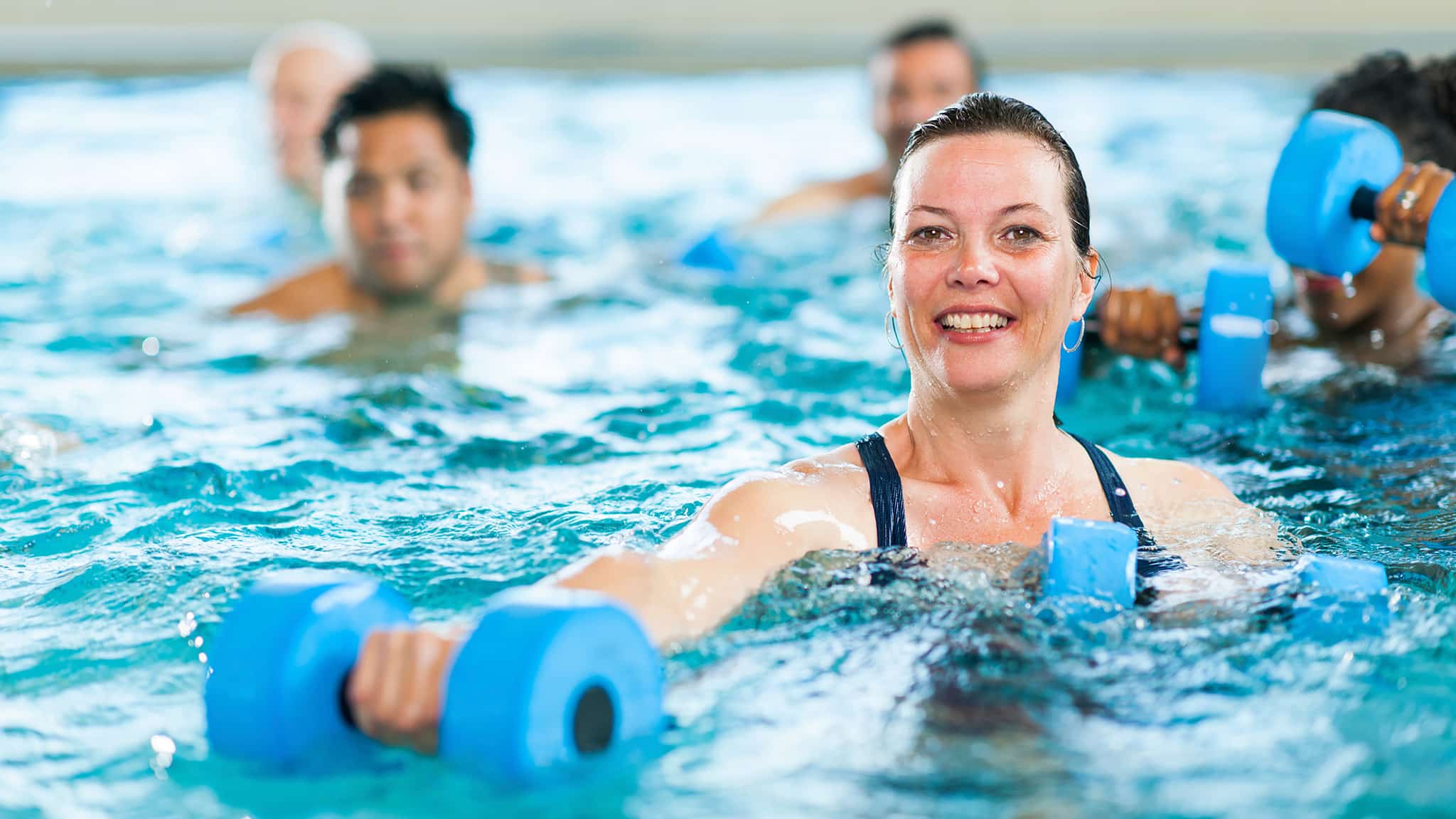
Baby swimming lessons offer numerous benefits for the overall health and well-being of infants.. Through regular exercise in the water, babies can develop important physical and cognitive skills that will benefit them throughout their lives. One of the key benefits of baby swimming lessons is the promotion of physical fitness.
Posted by on 2024-10-28
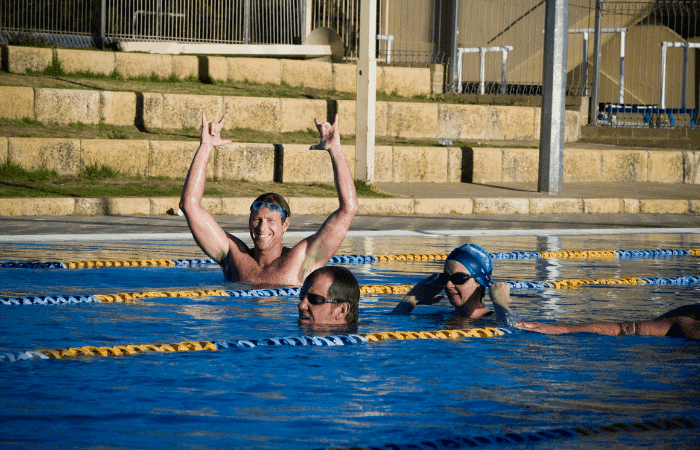
Introducing your baby to swimming early on can have numerous benefits, one of which is the prevention of fear or phobia of water later in life.. By starting your little one in swimming lessons at a young age, you are helping them become comfortable and confident in the water from the very beginning. Babies have a natural affinity for water, as they spent nine months surrounded by it in the womb.
Posted by on 2024-10-28
Help your little one grow comfortable and confident in the water with our Toddler Swimming Lessons. Tailored for young children, these lessons introduce fundamental water skills in a playful and supportive setting. Our instructors use fun activities, from splashy games to songs, to keep toddlers engaged while teaching basic skills such as floating, kicking, and breath control. Parents can join in, creating a shared experience that promotes bonding and enjoyment. With a focus on safety and comfort, our toddler lessons provide a great start to water familiarity, giving your child a head start on a lifetime of safe swimming fun.
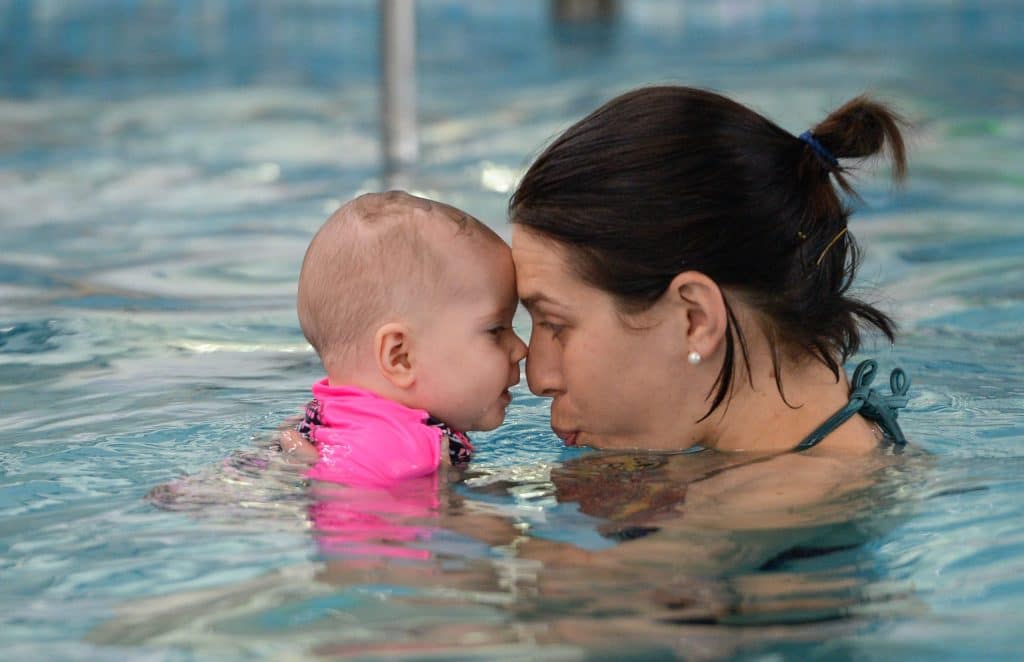
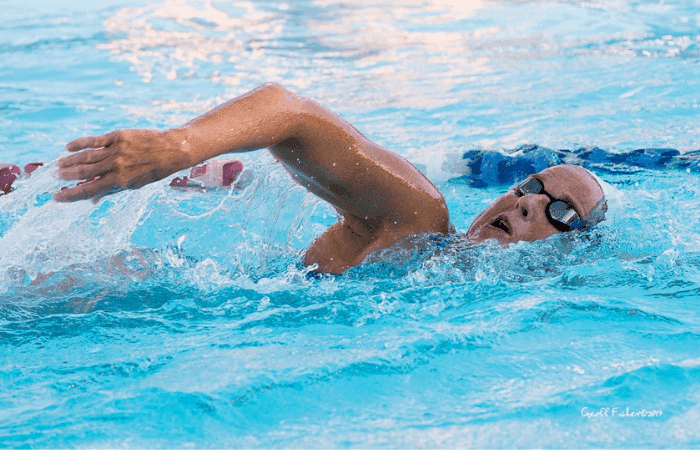
Experience the rewards of learning to swim or improving your skills with our Adult Swimming Lessons in Perth. Our classes cater to all levels, providing a customized experience that addresses your unique needs and goals. Led by professional instructors, these lessons help you master techniques like breathing, floating, and various strokes, building confidence and water safety along the way. Perfect for fitness, relaxation, or skill-building, our adult lessons offer a flexible schedule to fit busy lifestyles. Enjoy a low-impact, full-body workout in a supportive environment, and take the first step towards achieving swimming proficiency in an enjoyable, social setting.
Our Kids Swimming Lessons in Perth provide a comprehensive learning experience for young swimmers, fostering confidence, skill, and water safety awareness. Tailored to suit all skill levels, these lessons incorporate fun activities and structured teaching to ensure kids enjoy their time in the pool while making steady progress. Our qualified instructors guide children through essential skills such as stroke development, floating, and breathing techniques in a safe and encouraging environment. With small class sizes, each child receives focused attention, ensuring they build a solid swimming foundation. Enroll your child today, and let them experience the joy of learning to swim in a supportive, fun setting.
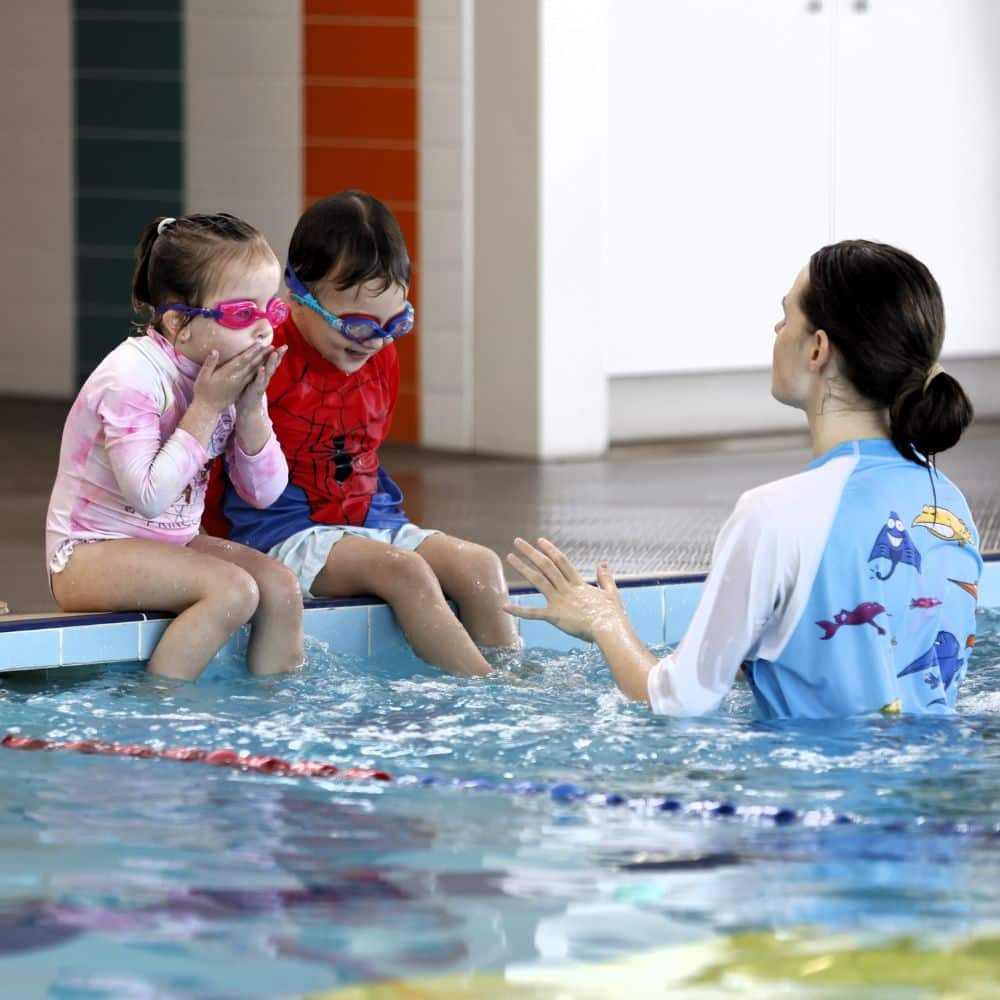
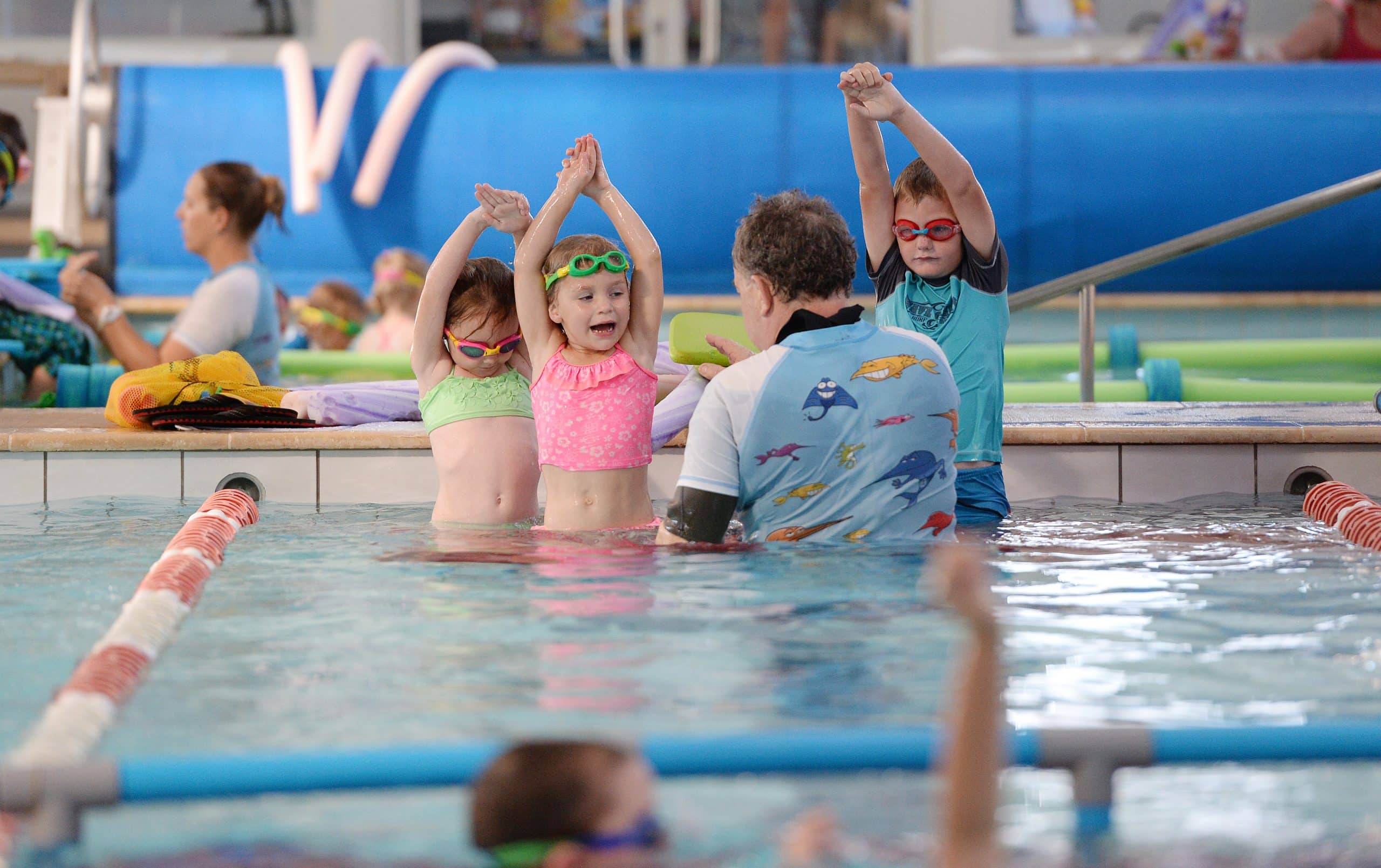
Discover the benefits of customized instruction with our Private Swimming Lessons in Perth. These lessons are tailored to address your personal goals, from overcoming water anxiety to mastering specific strokes. With one-on-one attention from our professional instructors, you receive focused guidance, allowing for faster and more effective learning. Our flexible scheduling accommodates busy lives, making it easy for you to prioritize your swimming journey. Suitable for all ages and abilities, our private lessons help build confidence and refine skills in a supportive environment. Take the next step in your swimming journey with personalized lessons that are all about you.
Give your child the gift of enhanced swimming skills this break with our Holiday Swimming Lessons in Perth. Our program offers an engaging, structured approach, with sessions tailored to suit various skill levels, from beginners to advanced swimmers. With focused lessons each day, children can make significant progress in a short time, gaining confidence and improving their technique. Our certified instructors make each session fun and productive, helping children develop important swimming and water safety skills. Keep your kids active, learning, and having fun during the holidays by enrolling them in a program that promotes growth and lifelong water safety.
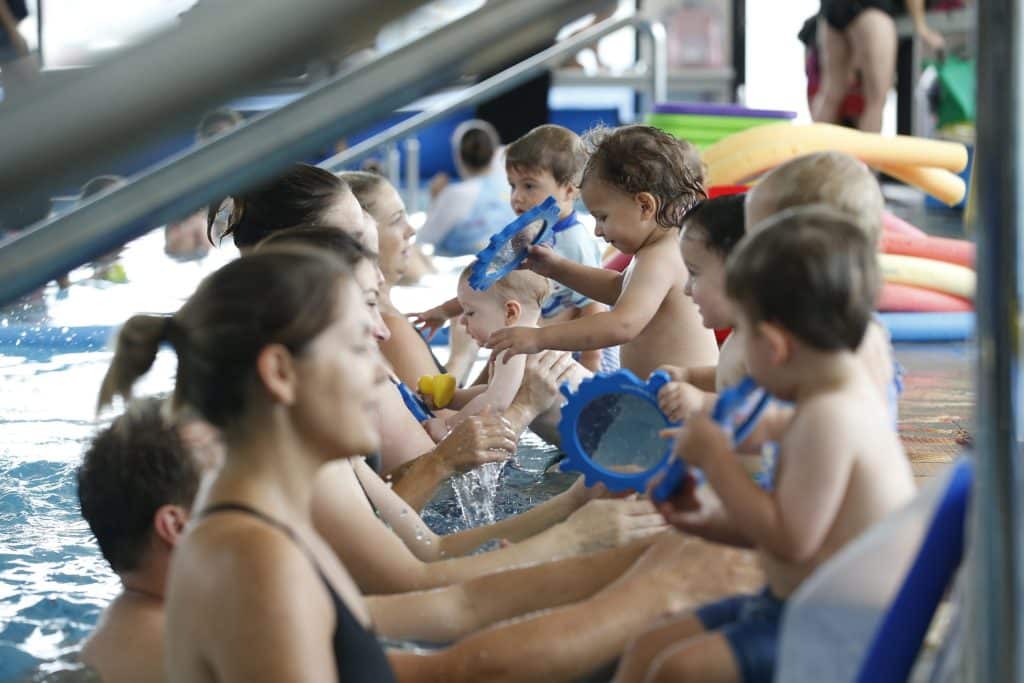
Babies can typically start swimming lessons as early as 6 months old.
Baby swimming lessons can help improve water confidence, physical coordination, and safety awareness.
Parents should ensure that their baby has appropriate swimwear, towels, and any necessary swim accessories. They should also be prepared to actively participate in the lesson and provide constant supervision.